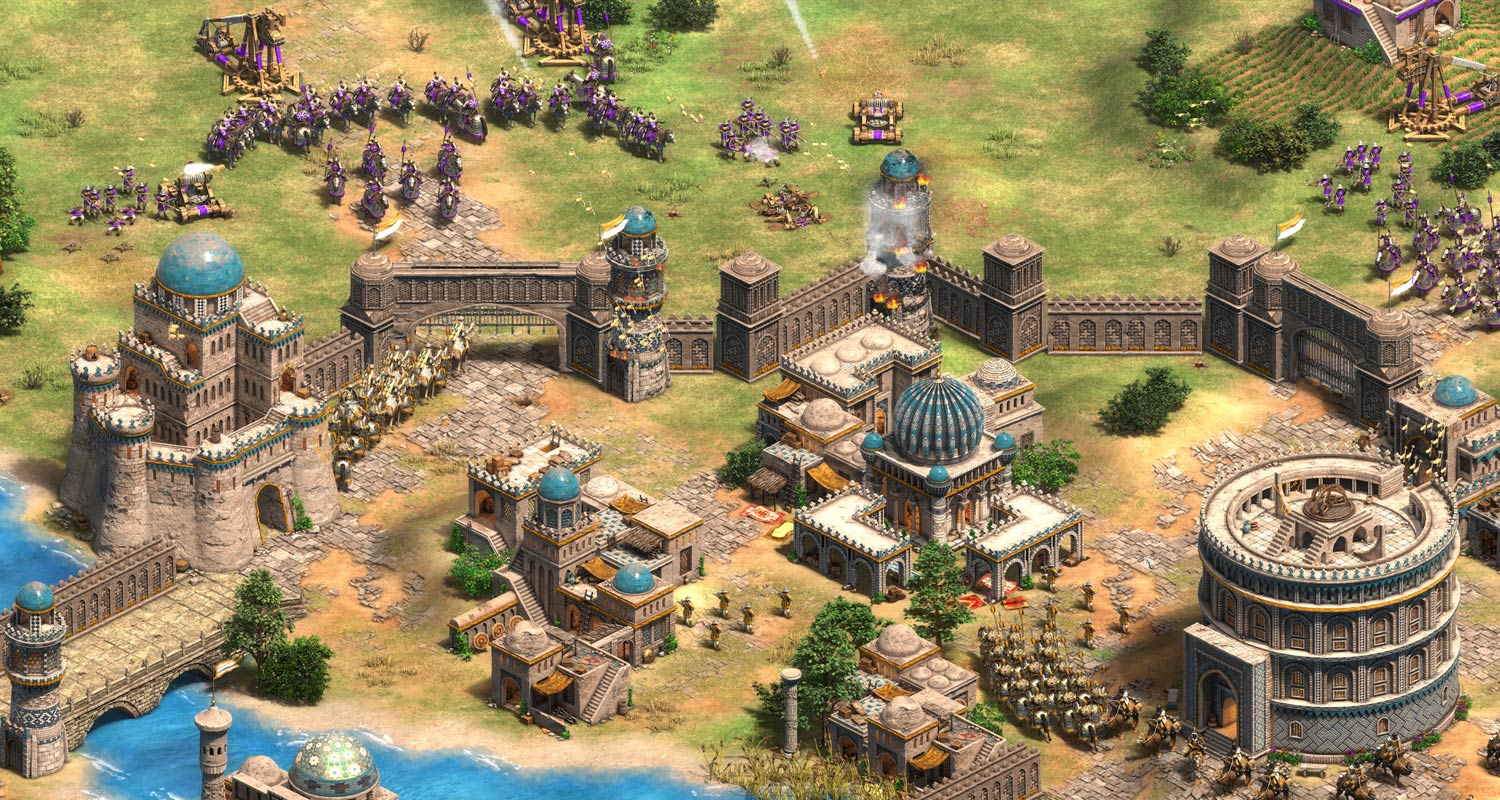These are the articles, videos and more that caught the attention of TechCentral’s editorial team in the past 48 hours.
- Age of Empires at 25: the strategy game that inspired a generation of historians: Age of Empires II didn’t just build civilisations, it built a generation of historians. This strategy game lured in both players and historians alike, from creative map editors to wannabe trebuchet experts. For some, it sparked a love for history; for others, it just kept their dads happily occupied for decades. Who knew villagers could inspire scholarly pursuits? Read more in The Guardian. DM
- Scientists witness the birth of water molecules at the smallest scale yet: Scientists have finally caught water molecules in the act of forming. Using palladium, Northwestern engineers observed the smallest water bubbles ever, breaking new ground in understanding how water comes to be. This discovery could help bring water to dry places – or other planets! Read more on Gizmodo. DM
- A courts reporter wrote about a few trials. Then an AI decided he was actually the culprit: A German reporter typed his name into AI, only for it to wrongly label him as a criminal. Martin Bernklau, a courts journalist, became the victim of AI “hallucinations”, which mixed up his reporting on crimes with accusations against him. It’s a cautionary tale. Read more at NiemanLab. DM
- Map of adult insect’s brain offers clues on neurological diseases: Scientists have created the first complete map of an adult insect brain, charting the 140 000 neurons and 50 million synaptic connections in a fruit fly. This “connectome” could help unravel how brains work and shed light on neurological diseases in humans, as flies share many biological similarities. Read more on FT.com (hard paywall). DM
- 2024 climate tech companies to watch: Kairos Power and its molten salt–cooled nuclear reactors: Modular nuclear reactors are pegged as the next evolutionary step in nuclear energy generation technology. Kairos Power is investing in technology to make modular reactors a reality while making nuclear plants safer, too. Read more in the MIT Technology Review (soft paywall). NN
- Have an idea for dealing with space waste? Nasa wants to hear from you: Space debris has become such a pressing problem that Nasa has set up a US$3-million prize fund for innovators who come up with workable solutions to the problem. Read more on The Register. NN
- New process vaporises plastic bags and bottles, yielding gases to make new, recycled plastic: A new chemical process can essentially vaporise plastics that dominate the waste stream today and turn them into hydrocarbon building blocks for new plastics. More on UC Berkeley News. TS
- Google’s AI generated a ‘podcast’ from one of my articles and it’s incredibly convincing and creepy just how well it can mimic humans talking: A podcast at the click of a button? Google’s new AI tool can do it. It’s called NotebookLM and it’s essentially a summary bot. Input a document, hit generate, and out pops a briefing doc, FAQ or study guide. What’s more, it can generate a podcast covering the document’s contents, hosted by fleeting ephemeral beings with chirpy American accents. More on PC Gamer. TS
Top stories on TechCentral in the past 24 hours:
Bookmarks is a daily feature on TechCentral and published Monday to Friday, excluding public holidays.

